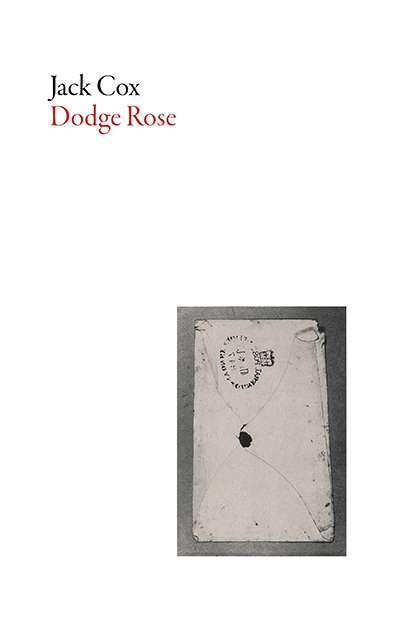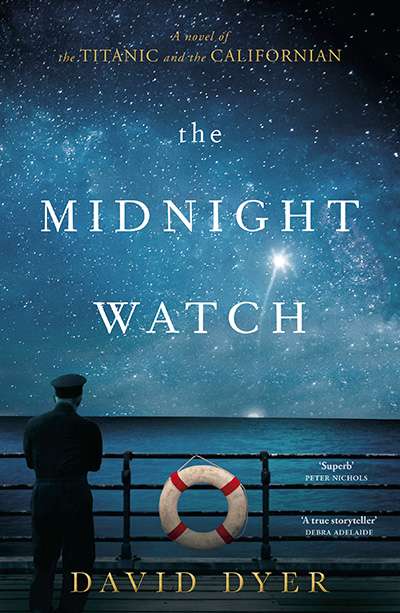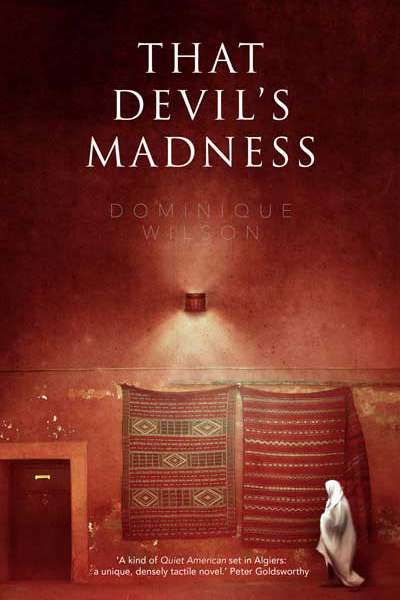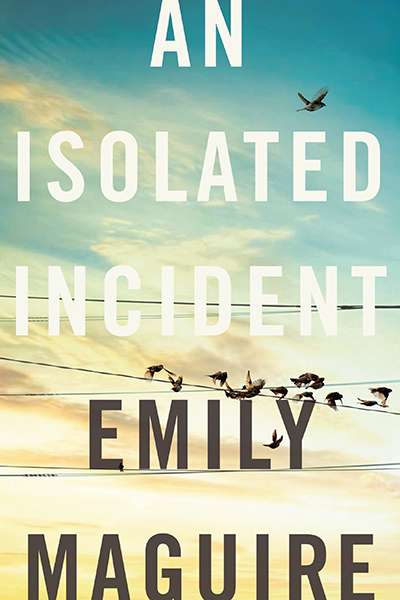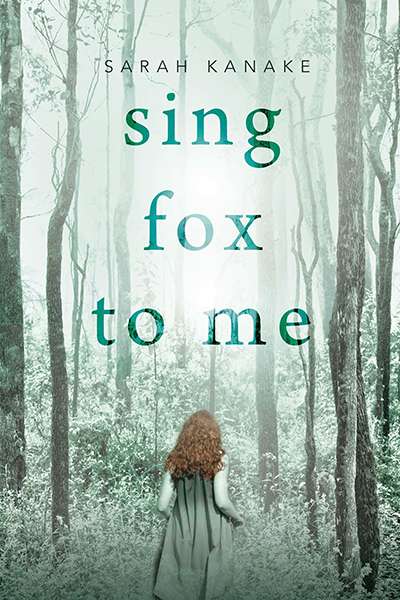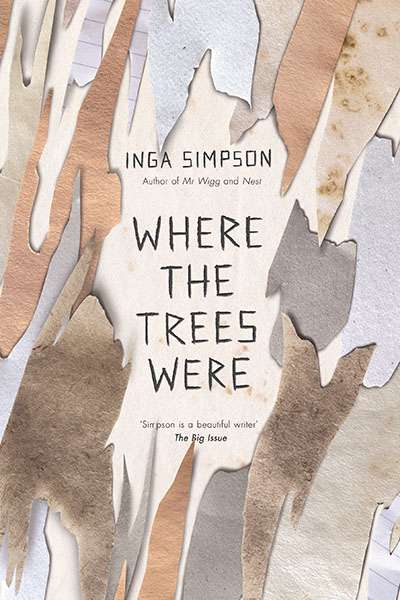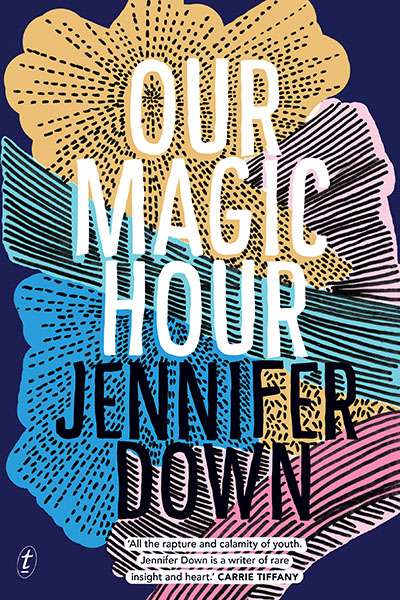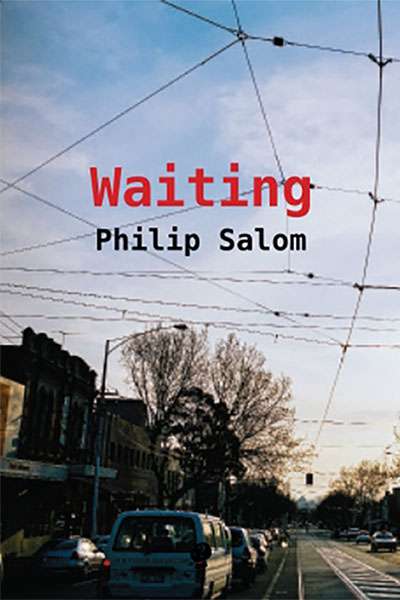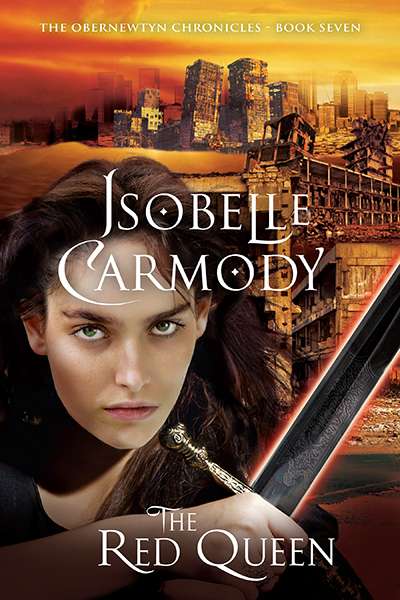Fiction
The circumstances around the publication of Dodge Rose, Jack Cox's début novel, have attracted considerable attention in Australian literary circles. A choice publicity tale as to how the novel was rescued from the slush pile by American publisher Dalkey Archive Press has contributed to this. So have claims advanced by Dalkey Archive that Dodge Rose
Two headlines, a day apart, evoke the confusion surrounding the fate of the Titanic in April 1912. New York's Evening Sun reported, 'ALL SAVED FROM TITANIC AFTER COLLISION'. Twenty-four hours later, The Boston Daily Globe added: 'TITANIC SINKS, 1500 DIE.' From there, the sinking of the 'unsinkable' Titanic has been the subject of ...
Is it possible to 'just pack up and go, and all your problems will stay behind?' Nicolette is hoping that's the case when we meet her literally on the road to a new life, troubled partner and toddler in tow. Louis, her grandfather, may well have asked the same; his earlier experiences of geographic and personal change form the alternate strand of the dual narrative ...
Boccaccio started an avalanche of storytelling with The Decameron. His one hundred tales, told by ten narrators taking refuge from the Black Death in a villa outside Florence, have inspired a horde of copycats over the ensuing 660 years. Most famous of these is The Canterbury Tales. Although Don Aitkin's title echoes Chaucer's, his collection of st ...
Emily Maguire's An Isolated Incident explores the media's fascination with beautiful, murdered women. The novel also interrogates the experiences of those who find themselves involved in murder cases.
The novel is set in Strathdee, a fictitious rural Australian town. This 'lovely little' hamlet has been unsettled by the slaying of Bella Michaels, a ...
Not a year passes without someone claiming to have stumbled upon the legendary Tasmanian tiger. A flash of stripes, a tawny blur, strange paw prints in the mud; are these genuine sightings or mass hallucinations suffered by a populace whose grief for the extinct icon is stuck in a state of collective denial? 'Tassie loves the tiger now ... this entire country is goi ...
It has been two hundred and seventy-six years since Pamela was published, the first piece of writing in English in the novel form; it was a structure designed both to entertain and instruct, and still we are debating if the concept was a good idea.
Inga Simpson is the author of two previous novels, Mr Wigg (2013) and
Jennifer Down's first novel, Our Magic Hour, is notable for its stylistic individuality. The novel's opening is disorientating at first: Audrey wears a shirt whose 'sleeves swallowed her hands'; spaghetti bolognese 'spatters' on a stove; a football match 'bellows' from a television. This is an object-rich terrain, in which the details provide cues to interp ...
I first encountered the work of Philip Salom in the pages of The Penguin Book of Modern Australian Poetry (1991). Anthologies, of course, have their limitations, but they can be a great place to meet people. Salom's first poem in that book, 'Walking at Night', includes an image of the urban sky: 'Streetlights glow overhead / Like the teeth of a huge zipper; ...
Twenty years before Katniss Everdeen competed in The Hunger Games (2008) and dominated the post-apocalyptic landscape, Elspeth Gordie went to Obernewtyn (1987) in her own ruined world. She would grow from orphan outcast to rebel conspirator and community leader, overthrowing religious and secular powers and carrying a darker fate as the Seeker who ...


